In the ever-evolving world of agriculture, Cold Aston Plough stands out as a shining example of sustainable farming practices. Located in the picturesque village of Cold Aston, Gloucestershire, this innovative farm has garnered recognition for its commitment to environmentally friendly farming techniques, animal welfare, and producing high-quality organic produce. In this article, we will explore the key aspects that make Cold Aston Plough a model for sustainable farming. 1. Organic farming: At the core of Cold Aston Plough’s philosophy lies organic farming. The farm strictly adheres to organic standards and avoids the use of synthetic chemicals, pesticides, and genetically modified organisms (GMOs). This approach ensures that the produce grown at Cold Aston Plough is free from harmful residues and promotes healthier ecosystems. Organic farming also contributes to the preservation of soil fertility and biodiversity, making it a viable long-term solution.
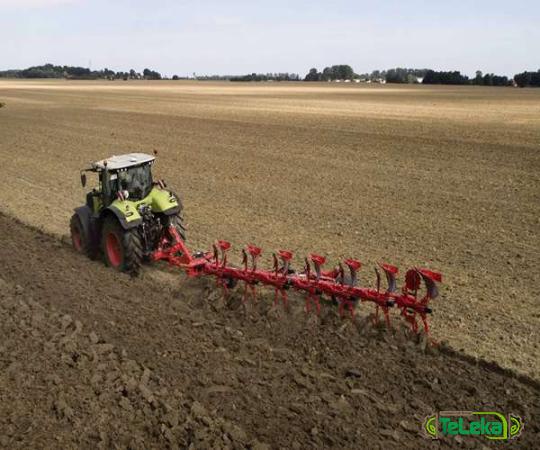
.
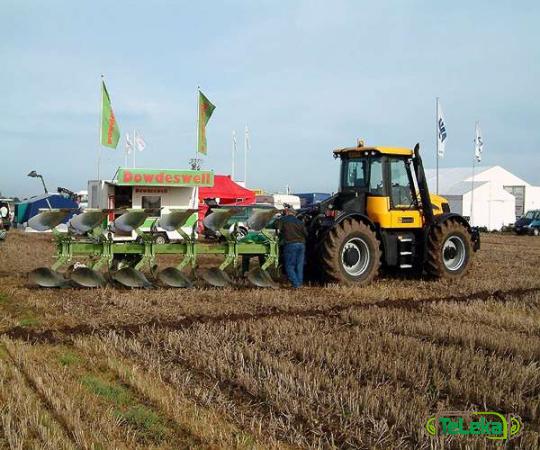 2. Regenerative practices: Cold Aston Plough goes beyond organic farming by implementing regenerative practices. The farm focuses on building soil health through techniques such as cover cropping, crop rotation, and minimal tillage. By adopting these methods, Cold Aston Plough boosts the soil’s organic matter content, water retention capacity, and overall fertility. These regenerative practices not only enhance the productivity of the land but also mitigate climate change by sequestering carbon in the soil. 3. Animal welfare: In addition to sustainable crop production, Cold Aston Plough places great emphasis on animal welfare. The farm follows ethical practices that prioritize the health and well-being of its livestock. Cattle and sheep are grazed on organically managed pastures, ensuring they have access to fresh grass and ample space to roam. Cold Aston Plough’s commitment to high animal welfare standards not only benefits the animals themselves but also results in healthier meat and dairy products for consumers.
2. Regenerative practices: Cold Aston Plough goes beyond organic farming by implementing regenerative practices. The farm focuses on building soil health through techniques such as cover cropping, crop rotation, and minimal tillage. By adopting these methods, Cold Aston Plough boosts the soil’s organic matter content, water retention capacity, and overall fertility. These regenerative practices not only enhance the productivity of the land but also mitigate climate change by sequestering carbon in the soil. 3. Animal welfare: In addition to sustainable crop production, Cold Aston Plough places great emphasis on animal welfare. The farm follows ethical practices that prioritize the health and well-being of its livestock. Cattle and sheep are grazed on organically managed pastures, ensuring they have access to fresh grass and ample space to roam. Cold Aston Plough’s commitment to high animal welfare standards not only benefits the animals themselves but also results in healthier meat and dairy products for consumers.
..
 4. Agroforestry: Another remarkable feature of Cold Aston Plough is its integration of agroforestry into the farming system. Through careful planning and design, the farm incorporates trees into its landscapes, providing multiple benefits. Agroforestry systems can enhance biodiversity, improve soil structure, regulate water usage, and increase carbon sequestration. Cold Aston Plough’s agroforestry practices also offer shelter for livestock and create a visually pleasing environment. 5. Community engagement: Cold Aston Plough actively engages with the local community through various initiatives. The farm hosts educational workshops, open days, and farm tours, providing opportunities for people to learn about sustainable farming. By maintaining transparent and honest communication, Cold Aston Plough fosters trust and encourages a deeper connection between consumers and the food they consume.
4. Agroforestry: Another remarkable feature of Cold Aston Plough is its integration of agroforestry into the farming system. Through careful planning and design, the farm incorporates trees into its landscapes, providing multiple benefits. Agroforestry systems can enhance biodiversity, improve soil structure, regulate water usage, and increase carbon sequestration. Cold Aston Plough’s agroforestry practices also offer shelter for livestock and create a visually pleasing environment. 5. Community engagement: Cold Aston Plough actively engages with the local community through various initiatives. The farm hosts educational workshops, open days, and farm tours, providing opportunities for people to learn about sustainable farming. By maintaining transparent and honest communication, Cold Aston Plough fosters trust and encourages a deeper connection between consumers and the food they consume.
…
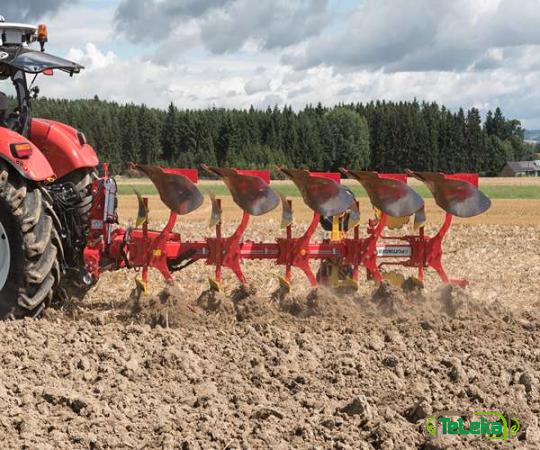 Conclusion: Cold Aston Plough sets a shining example for sustainable farming practices. By adopting organic, regenerative, and agroforestry approaches, the farm ensures the preservation of natural resources while producing high-quality organic products. Furthermore, their commitment to animal welfare and community engagement reinforces their dedication to responsible farming. As the agricultural industry continues to address the challenges posed by climate change and environmental concerns, Cold Aston Plough serves as an inspiration and a beacon of hope for sustainable farming practices.
Conclusion: Cold Aston Plough sets a shining example for sustainable farming practices. By adopting organic, regenerative, and agroforestry approaches, the farm ensures the preservation of natural resources while producing high-quality organic products. Furthermore, their commitment to animal welfare and community engagement reinforces their dedication to responsible farming. As the agricultural industry continues to address the challenges posed by climate change and environmental concerns, Cold Aston Plough serves as an inspiration and a beacon of hope for sustainable farming practices.
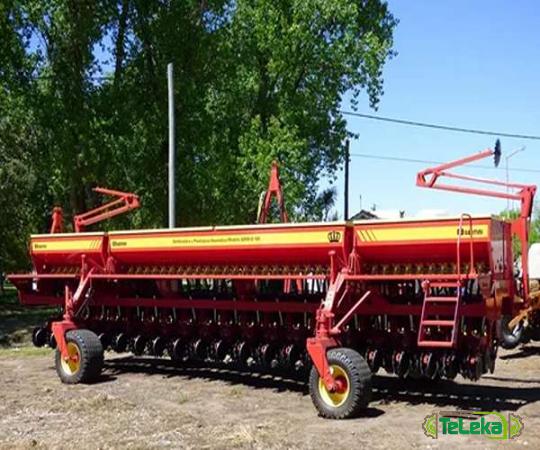

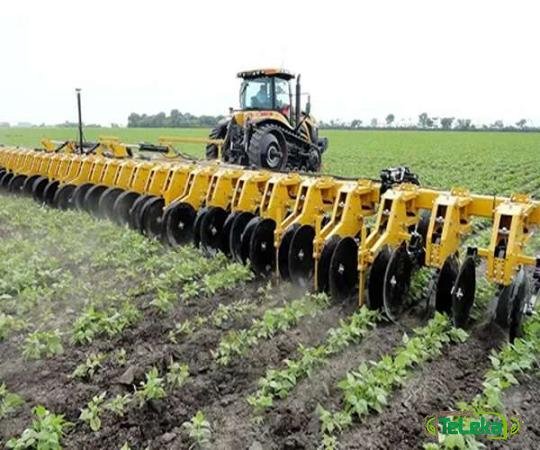







Your comment submitted.